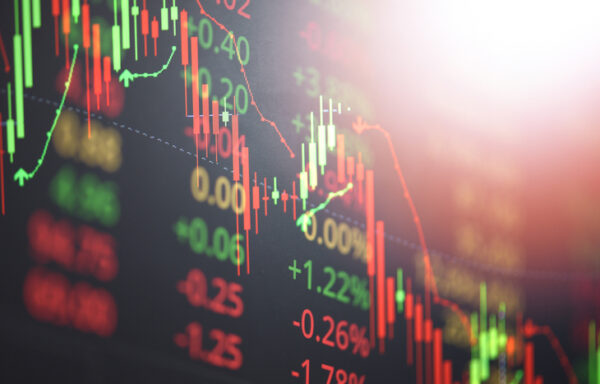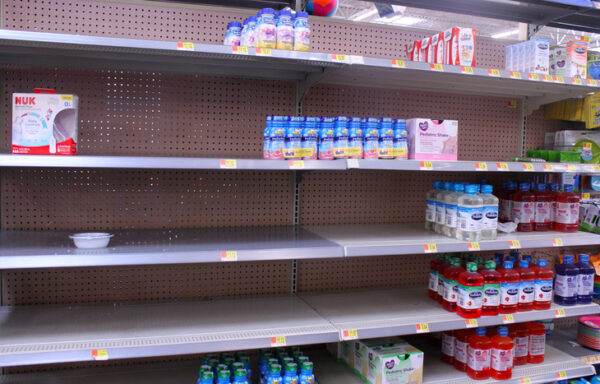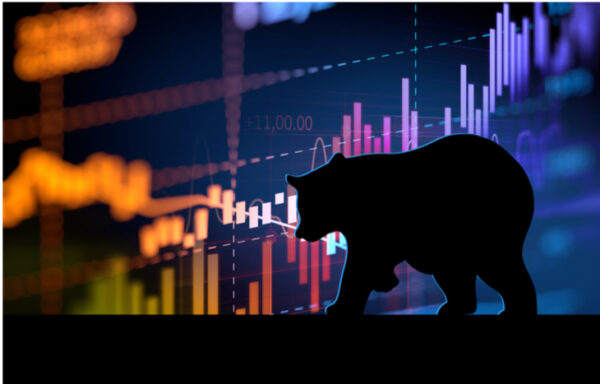Best Commodity to Trade
Investors have widely used commodity markets for centuries before Eddie Murphy and Dan Akroyd made a fortune trading frozen orange juice futures in the movie Trading Places. And many are curious as to what the best commodity to trade is. In a commodity market like frozen orange juice concentrate, the goods sold are all the same. In a market with no differentiation, commodity prices are based on supply and demand.
For instance, in the movie, the main characters receive valuable information about the supply of that year’s orange juice crop will be strong, supply will be up, and prices will be down. The two sell futures contracts before the information is released to the public and make a ton of money.
Though it’s illegal to trade commodities based on material non-public information, the movie is a hilarious overview of a commodity market. In real life, there are many commodities that investors can trade. More widely recognized commodities are oil, liquid natural gas, steel, and gold. Commodities can also be obscure, like frozen orange juice concentrate, pork bellies or sunflower seeds.
Investors and hedgers can buy or sell commodity contracts on commodity exchanges like Chicago Mercantile Exchange (CME) or the New York Mercantile Exchange (NYMEX). The exchanges create standardized commodities contracts, enforce regulations and ensure that buyers and sellers can find each other as quickly and efficiently as possible.

How to Trade Commodities
Investors can use a few different securities to trade in commodities. The most common security investors use to trade commodities are futures. A futures contract is an agreement between a buy and a seller for a set price on a set date.
For example, say the current price of a barrel of oil is $100. You might buy a futures contract if you think oil prices will be higher than $100 per barrel in 30 days. If the price of oil moves above $100, the contract has value.
Another option for investors is to buy stocks of companies involved in the commodity. For instance, many stock companies are gold, silver or copper miners. The stock prices for these companies typically rise and fall with the commodity’s price.
Less commonly, investors buy and sell the physical commodity. Investors don’t have to keep several barrels of oil in their backyard. They don’t have to hold uranium in their basements. Though sometimes, investors may buy precision metals.
Metal commodities in small quantities are easy to store than a bushel of corn or wheat. Keep in mind that commodities have storage costs while holding them. Commodities like wind or solar power need special equipment to store. Food commodities may need refrigeration. Many times, investors may buy gold bars or coins. Coins or jewelry are small, and people can keep them in a safe for a long time.
Commodity Traders
There are two types of commodity traders. The first are traders looking to make a profit from trading commodities. These traders can be regular folks dabbling all or part of their portfolio in commodities. They can also be professional traders managing commodity mutual funds.
In a commodity mutual fund, investors pool their money together. Each investor owns shares of the pool based on the amount of money they put in the pool. A manager trades commodity securities with the pooled money. Many times, the manager’s goal is to track the price of a certain commodity like oil or natural gas. Shares can be bought or sold from the pool.
The other type of commodity trader is hedgers. Hedgers are corporations or other businesses that profit from selling a commodity. These hedgers want to lock in a sale price for their commodity.
Take a corn farmer, for instance. The farmer plants corn in the spring and sells its harvest in the fall. In the meantime, the price of corn can change. If the price of corn is high in the spring, the farmer may sell a futures contract for his corn. If the price of corn drops, the farmer sells his corn at a lower price and profits from the futures contract.
Best Commodity to Trade
Readers looking for the best commodity to trade should keep in mind that prices can swing wildly. For instance, the recent conflict between Russia and Ukraine has caused the price of many commodities to skyrocket. The rise in oil prices happened because of sanctions placed on Russia. The U.S. and some European countries have agreed to stop or decrease buying Russian oil.
Because Russia is a major producer of the world’s oil supply, the sanctions could make oil scarce. When the supply of a commodity falls or becomes scarce, its price goes up. The price of crude oil rose from about $76 per barrel to over $120 shortly after Russia invaded Ukraine.
For long-term investors, gold could be a good commodity to trade. The supply and demand of gold are steadier than most commodities. Therefore, gold’s price is also steadier. Many investors use gold as a hedge against inflation.
Inflation has been at record levels in the U.S. for several months. Many analysts believe that inflation might stay high for the rest of the year and maybe longer. Remember, the dollar is a commodity too. So, when inflation erodes the value of the U.S. dollar, the price of gold usually stays steady.
[adzerk-get-ad zone="245143" size="4"]About BJ Cook
BJ Cook is a long-time stock nerd. He has held several roles in the equity research world and earned the right to use the CFA designation in 2014. When he’s not writing for Investment U, you can find him searching for new investment ideas. Outside the investment community, BJ is a die-hard Cubs fan.





